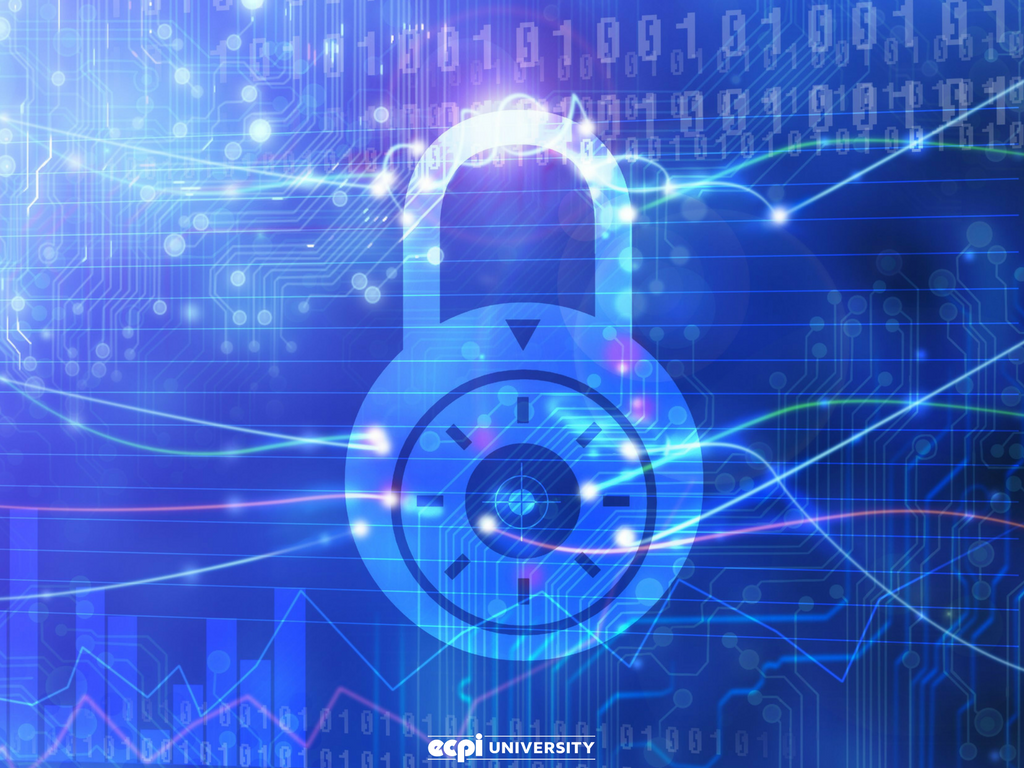Why Do We Need Network Security?
Having our devices connected through the internet and other networks opens up a world of possibilities for us. We can access the information we need without having to keep it on our devices permanently. We can communicate with others, allowing us to work together and organize our projects. These connected devices form the networks that help us run our lives.
But these connections also leave our devices vulnerable to damage and our information vulnerable to theft. Cyber and network security helps to solve this problem.
What is Network Security?
Network security is any action an organization takes to prevent malicious use or accidental damage to the network’s private data, its users, or their devices. The goal of network security is to keep the network running and safe for all legitimate users.
Because there are so many ways that a network can be vulnerable, network security involves a broad range of practices. These include:
- Deploying active devices:
- Using software to block malicious programs from entering, or running within, the network
- Blocking users from sending or receiving suspicious looking emails
- Blocking unauthorized use of the network
- Stopping the network's users accessing websites that are known to be dangerous
- Deploying passive devices:
- Using devices and software that report unauthorized intrusions into the network, or suspicious activity by authorized users
- Using preventative devices:
- Devices that help identify potential security holes, so that network staff can fix them
- Ensuring users follow safe practices:
- Even if the software and hardware are setup to be secure, the actions of users can create security holes.
- Network security staff is responsible for educating members of the organization about how they can stay safe from potential threats.
Why is Network Security Important?
Unless it’s properly secured, any network is vulnerable to malicious use and accidental damage. Hackers, disgruntled employees, or poor security practices within the organization can leave private data exposed, including trade secrets and customers’ private details.
Losing confidential research, for example, can potentially cost an organization millions of dollars by taking away competitive advantages it paid to gain. While hackers stealing customers’ details and selling them creates negative publicity and mistrust of the organization.
The majority of common attacks against networks are designed to gain access to information, by spying on the communications and data of users, rather than to damage the network itself. But attackers can do more than steal data. They may be able to damage users’ devices or manipulate systems to gain physical access to facilities. This leaves the organization’s property and members at risk of harm.
Competent network security procedures keep data secure and block vulnerable systems from outside interference. This allows the network’s users to remain safe and focus on achieving the organization’s goals. More than that, it means that clients and partners can also interact with the organization confidently.
As Cisco says “Ultimately it [network security] protects your reputation.”
Why Do I Need Formal Education to Run a Computer Network?
Even the initial setup of security systems can be difficult for those unfamiliar with the field--and it's only the first step. A comprehensive security system is made of many pieces, each of which needs specialized knowledge.
Beyond setup, each aspect of security is constantly evolving. New technology creates new opportunities for accidental security leaks, which hackers take advantage of. Whoever is in charge of the network’s security needs to be able to understand the technical updates as they happen, so they can implement safety strategies right away.
Properly securing your network using the latest information on vulnerabilities helps minimize the risk that attacks will succeed. Security Week reported that 44% of breaches in 2014 came from exploits that were 2-4 years old. Those are completely preventable with a dedicated cyber security professional.
Do you want to learn the skills needed to manage network security for businesses large and small? If you’re interested in earning a Bachelor of Science Degree in Computer and Information Science with a Major in Cyber and Network Security, consider ECPI University for the education you’ll need. For more information, connect with a friendly ECPI University admissions representative today.
It could be the Best Decision You Ever Make!
DISCLAIMER – ECPI University makes no claim, warranty, or guarantee as to actual employability or earning potential to current, past or future students or graduates of any educational program we offer. The ECPI University website is published for informational purposes only. Every effort is made to ensure the accuracy of information contained on the ECPI.edu domain; however, no warranty of accuracy is made. No contractual rights, either expressed or implied, are created by its content.
For more information about ECPI University or any of our programs click here: http://www.ecpi.edu/ or http://ow.ly/Ca1ya.





